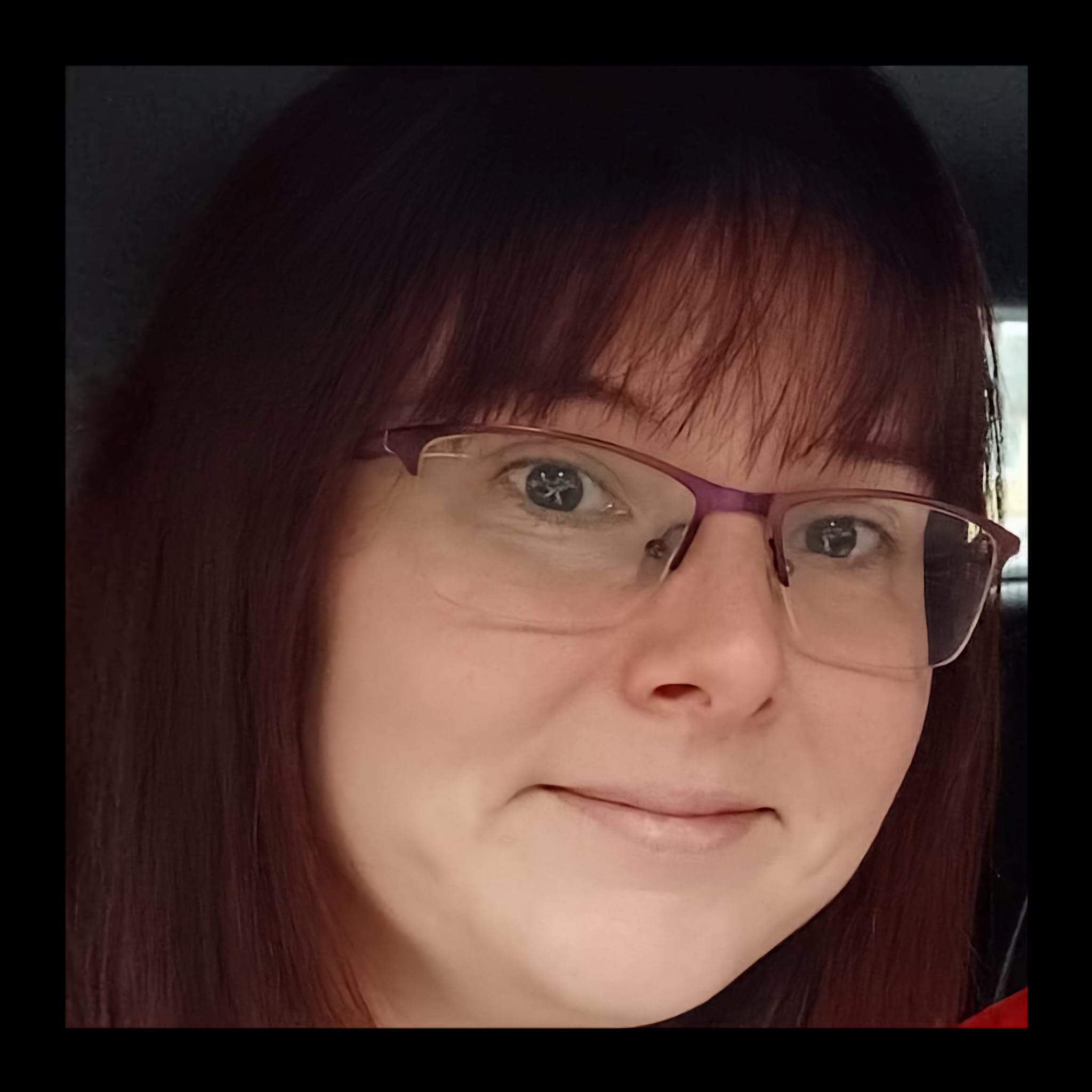Ant and Dec, French and Saunders, and Shrek and Donkey are all duos who work together for a shared purpose. They may or may not be friends some or all of the time, but what makes them special is the way in which they work together to achieve their goals. It may be something as courageous as rescuing Princess Fiona from a tower or something a little less treacherous like creating award-winning TV shows…
Building good working relationships is pivotal to any role and your professional development. They are based on trust, communication, and honesty. If you Google terms like “strong working relationship,” there are thousands of articles telling you how to do just that. In the world of an EA and their Principal, the relationship is critical, quite often we as EAs are in full control of their time (certainly between Monday and Friday), so it is paramount that we understand the restrictions on their time, whether it be events at their children’s school, their plans to run a marathon or any passion projects they have ongoing. This also works the other way with the EA’s time.
A key component in getting this mutual understanding is to feel you can bring your whole self to work for both sides. This means every element of who we are as people. I would rather be working at 7 o'clock in the morning than 7 o'clock in the evening, and my Principal needs to understand that I will work at 7pm, if needed, but I won't be at my best. The communication in this area with your Principal should be around both your strengths and weaknesses, and we should always feel that we can say what is needed.
I will say this takes time to build; don’t expect to have that after a week or even a month in a new role. It can take years to build. It is a constant back and forth and learning between each other but is, however, essential to ensuring success.
This relationship is the opposite of most; you are thrown into this relationship when you get the role, and then you have to do the exploratory work; we will get things wrong, and we might overshare or under share, but we will keep on tweaking that until we get it just right. Normally, you would meet someone and do the work before making the commitment.
Maintenance is also key to the relationship; things change over time, just like all relationships. Sometimes, they will naturally come to an end; however, sometimes, they just need an injection of something new. I actually went with my Principal to a new company after working together for three years. When he moved to another company, he offered me the opportunity to go with him, this gave us new ways of working, a new environment, and a bit of a refresh in our relationship as a whole, and we continued working together for another seven years.
This relationship is fundamental to the success of both the Principal and the EA; for the Principal, a good working relationship with their EA allows them the time and energy to focus on the things that are important to their role. If they trust and believe their EA will always do the best for them, then they can achieve this. For the EA, a good working relationship, one where the EA feels trusted and secure, will boost their confidence, allowing them to work at a higher level, take on new and varied roles and responsibilities, and excel where they are.
It also personally helped me learn to say no; when I had two small children and a hectic bedtime at about 7pm each evening, sometimes I couldn’t take that call, and I had to say no, once I realised that although it was probably a bit frustrating for my Principle, he could leave me a voice note instead and I would pick it up at a more convenient time for me, and there were no hard feelings on his part, I felt much more confident saying no when I needed to. He gave me that as feedback in an appraisal, and he liked that I said no to him when I needed to. (I don’t think many people said no to him!)
So, when people think you are just an EA, and you just make the tea and manage a diary or two, remember that the relationship-building and maintenance, openness, and honesty that go alongside the day-to-day tasks is a huge skill that should be respected.


